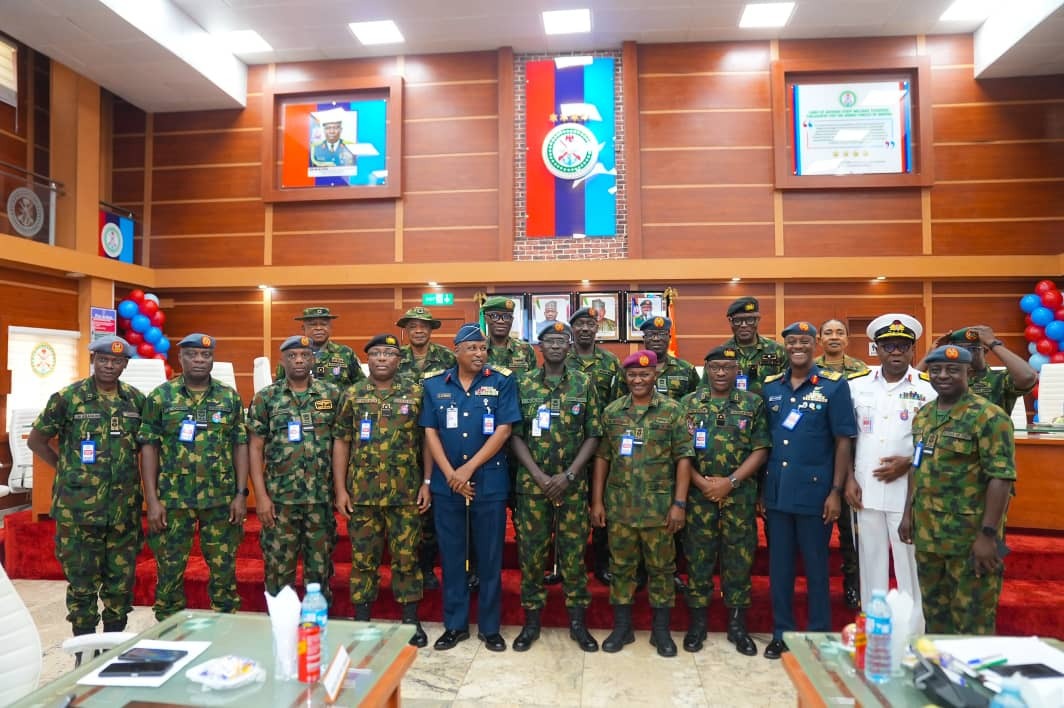 Socio-Economic Rights and Accountability Project (SERAP) has urged President Muhammadu Buhari to direct Minister of Communication and Digital Economy, Isa Pantami, and the Nigerian Communications Commission (NCC) to immediately reverse the decision to block over 72 million active telecommunication subscribers from making calls on their SIMs.
Socio-Economic Rights and Accountability Project (SERAP) has urged President Muhammadu Buhari to direct Minister of Communication and Digital Economy, Isa Pantami, and the Nigerian Communications Commission (NCC) to immediately reverse the decision to block over 72 million active telecommunication subscribers from making calls on their SIMs.
Last week, the Federal Government ‘ordered’ telecommunications companies to block outgoing calls on all unlinked lines, as the deadline for verification expired on March 31.
Following the directive, over 72 million subscribers have been barred from making calls.
In the open letter, dated April 9, 2022, and signed by SERAP deputy director, Kolawole Oluwadare, the organisation said: “Blocking people from making calls undermines their ability to communicate freely and associate with others. It infringes on their rights to freedom of expression and family life, as well as socio-economic rights. The decision will have a chilling effect, dissuading free expression of ideas and information.”
According to the organisation, the decision to block people from making calls is also inconsistent and incompatible with the country’s international legal obligations to respect, protect, promote and facilitate economic and social rights. The decision, SERAP said, contradicts tenets of the rule of law and democratic society.
SERAP said: “Immediately reversing the decision would be in conformity with the Nigerian Constitution of 1999 [as amended], and Nigeria’s international human rights obligations. Reversing the decision would also improve the confidence of the international community in human rights and the rule of law in Nigeria.”
The body noted that access to telecommunications services is a condition sine qua non for the effective exercise of human rights. Therefore, the decision to block people from making calls is discriminatory, and a travesty.
SERAP stressed that the decision will cause a wide variety of harm to economic activity, personal safety, and disproportionately affect those on the margins of society. This, it said, will directly hinder the ability of the government to achieve the 2030 Agenda’s Goal Eight on the promotion of sustained, inclusive, sustainable economic growth.
It said: “Millions of Nigerians, including persons with disabilities, elderly citizens and persons living in remote areas have been unable to capture their biometrics, and obtain their National Identity Numbers [NINs] due to logistical challenges, administrative and bureaucratic burdens, as well as the persistent collapse of the national grid. This has resulted in the discrimination of marginalised or vulnerable groups.
“The rights to freedom of expression, access to information, and freedom of association, whether offline or online, promote the democratic ideal by allowing citizens to voice their concerns, challenge governmental institutions and hold government accountable for its actions.
“The democratic ideal rationale also recognises the necessity of having a well-informed citizenry to participate in the democratic process.
“We support any lawful means to address the growing insecurity across the country. However, while the authorities have a legal responsibility to protect, ensure and secure the rights to life and property, any such responsibility ought to be discharged in conformity with human rights standards.”






